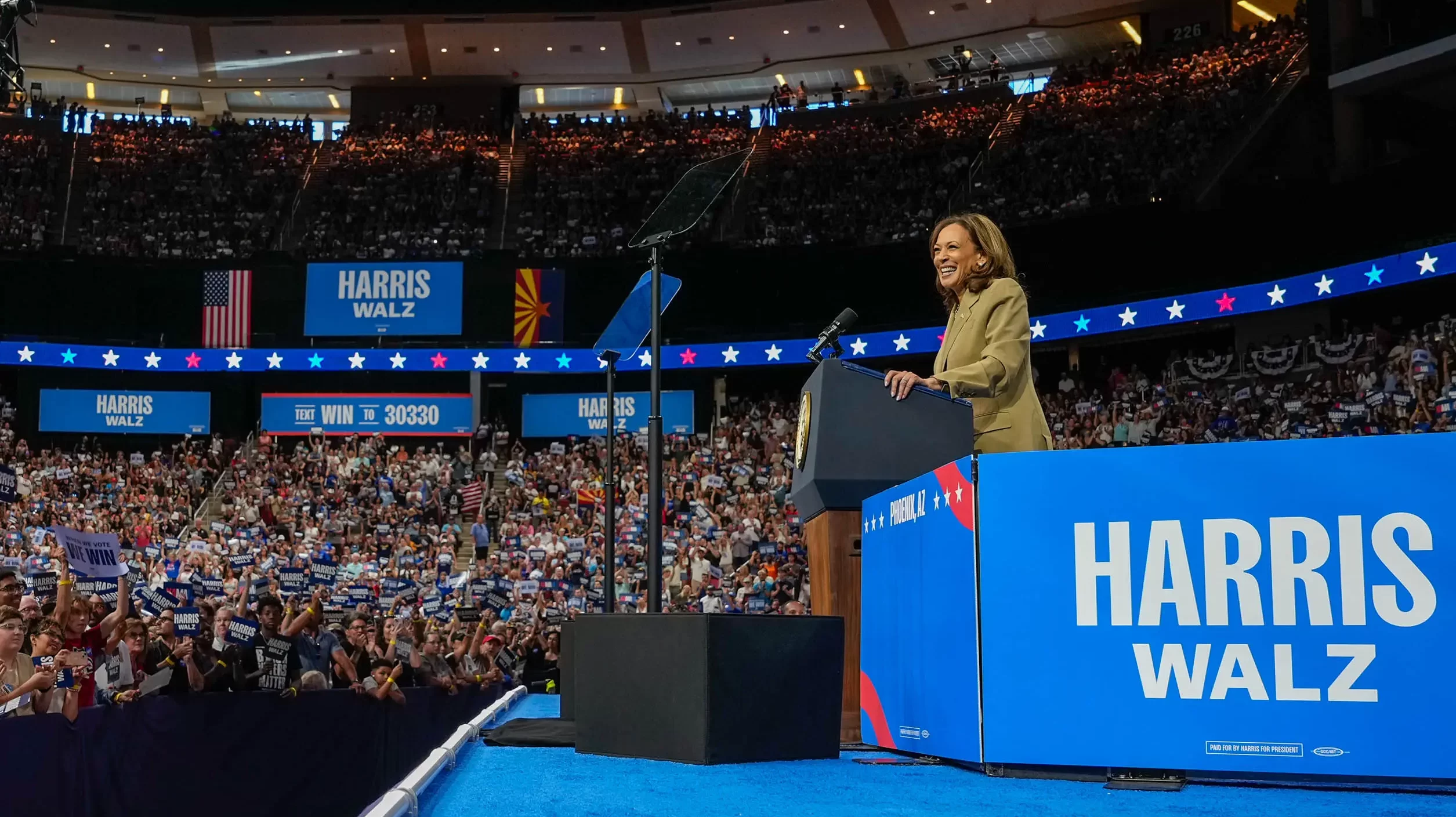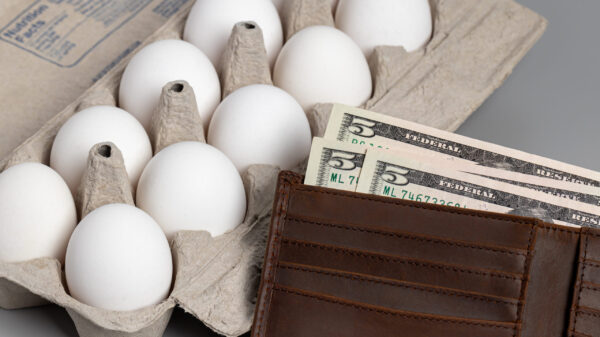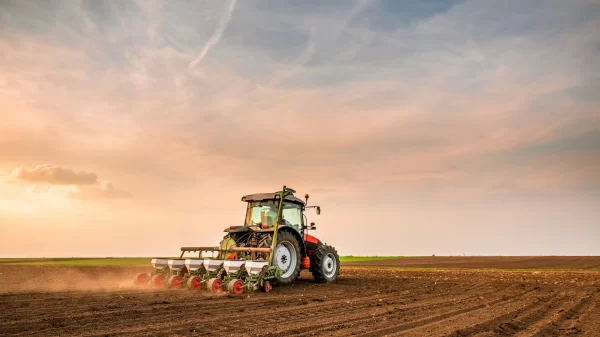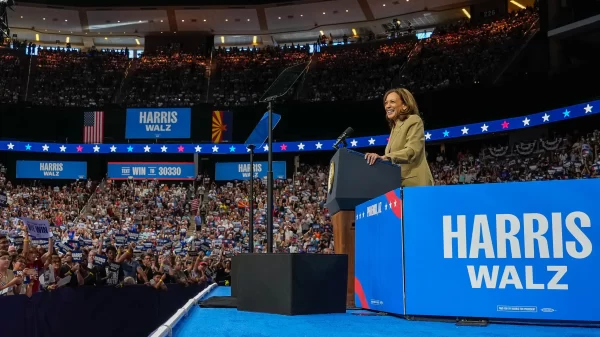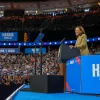|
Getting your Trinity Audio player ready...
|
Democratic Presidential nominee and current Vice President Kamala Harris has made price gouging a central economic concern of her campaign as inflation remains a pressing issue among voters. Earlier this month, Harris announced that, if elected, she would call on Congress to pass a federal ban on price gouging to maintain affordable grocery costs among other everyday expenses.
This plan has drawn criticism, with former President Trump likening the proposal to “Soviet-style” price controls and even some Democratic lawmakers reportedly labelling the policy as “lofty” and politically untenable.
However, laws that place limits on exorbitant pricing already exist across the country, including in Alabama. Many such laws, including Alabama’s, are focused on discouraging price gouging during emergencies — although some, like those in Maine and Michigan, cover price gouging more broadly.
The current interpretation of Alabama law makes it illegal for anyone to raise prices on goods by more than 25 percent within a period of 30 days during a declared state of emergency. As of 2023, Alabama’s governor and state legislature are also allowed to specify particular areas of the state where this “unconscionable pricing” law would apply (and not apply) during such scenarios.
This law has been enforced in the past. In 2005, Jason McBride, an Aliceville gas dealer, was charged with price gouging during then-Gov. Bob Riley’s declared state of emergency following the devastation of Hurricane Katrina. McBride was one of dozens of gas dealers investigated for price gouging during that period.
Since Katrina, Alabama’s Attorney Generals have continued to issue warnings against price gouging during declared states of emergency. A seller may face a fine of up to $1,000 per violation unless they can attribute price hikes to reasonable cost increases during such periods. Additionally, repeat offenders can be prohibited from conducting future business in Alabama.
The United States has long maintained a mixed economy that places regulations on the free market (both at the federal and state levels) to protect both producers and consumers. Instituting limitations on price gouging, as done here in Alabama, would be in line with that tradition and is not comparable to the strict price fixing found in Soviet-era control economies.
Harris ‘s proposal for a federal law on price gouging may not come to fruition even if she wins the Oval Office, but it certainly would not be without precedent — particularly if it were predicated on declared states of emergency. Managing reasonable prices on goods in order to protect vulnerable consumers is a common practice found in a multitude of states with varying political makeups, from California to Alabama.





































